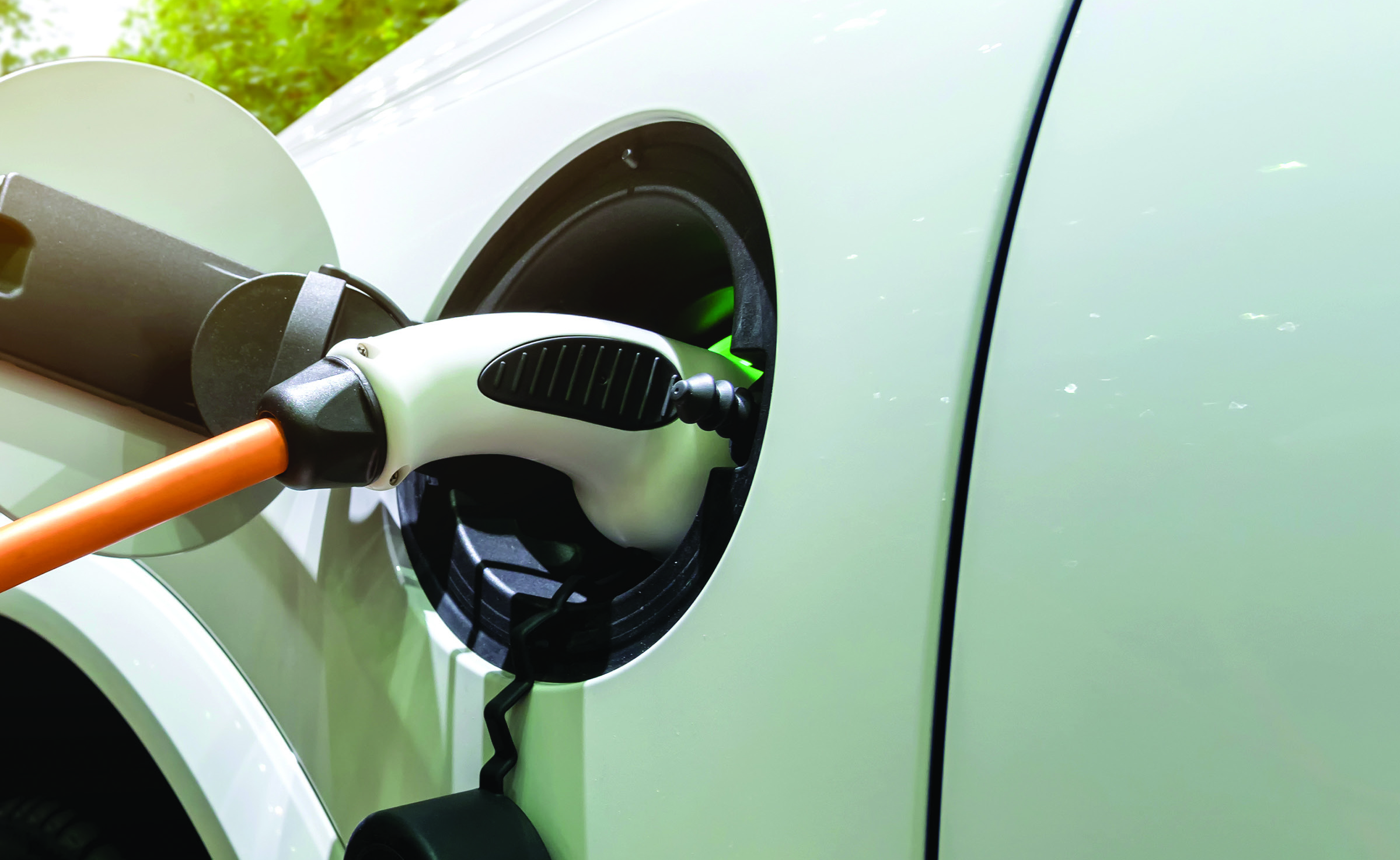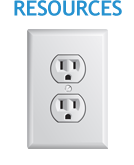A Word from Wayne: Could an electric vehicle be right for you?
News From Diverse Power

Electric vehicles (EVs) are becoming more rapidly and widely available. Many manufacturers are now offering at least one model of EV and improved versions of various models are on the horizon.
Electric vehicles provide environmental advantages and, even though they may carry a higher price tag initially, tax credits and operating costs may often balance out the initial investment.
Although EVs may seem like the latest and greatest invention, in reality, the technology has been around for more than a century. In the 1890s, electric cars were more popular than gas-powered autos because of their simplicity, reliability and low costof operation.
For a variety of reasons, EV technology languished with the rise of gas-powered engines. But today, EVs are charging to the transportation forefront. This resurgence is fueled by significant advancements in power electronics and energy storage technologies.
Did you know that while battery-powered electric vehicles and plug-in hybrid electric vehicles may have a higher purchase price, those costs can
be partially offset by lower operating costs and incentives for battery-containing vehicles? That’s right. Most Battery Electric Vehicles (BEVs) have much lower maintenance costs, because of the simplicity of the design and components. In other words, they have fewer moving parts.
Plug-in Hybrid Electric Vehicles (PHEVs) are more complex because they have both gas and electric components. Still, some maintenance costs can be lower. For example, regenerative braking leads to less wear on the brake system.
Did you know that you can charge EVs at home? If you have power in your garage, you can charge an EV at home. While Level 1 Chargers will get the job done, a Level 2 Charger will allow you to cut charging time in half. Most EVs are Level 2- compatible, although this type of charger may not come with the vehicle.
A Level 2 charger plugs into a 240-volt outlet. This is the same type of outlet washers and dryers plug into and will charge an EV in about 3 to 8 hours. If you do not have a 240-volt outlet in your garage, a licensed contractor can install one for you. However, you should consult an EV manufacturer for guidance and information about the required charging equipment and understand charging specifications before purchasing equipment and electric services.
Because residential charging is convenient and inexpensive, most EV drivers do more than 80% of their charging at home. This allows the driver to take advantage of low, stable residential electricity rates. However, the installation of free and low cost charging stations are on the rise nationwide at various public locations. These charging stations aid when traveling greater distances.






